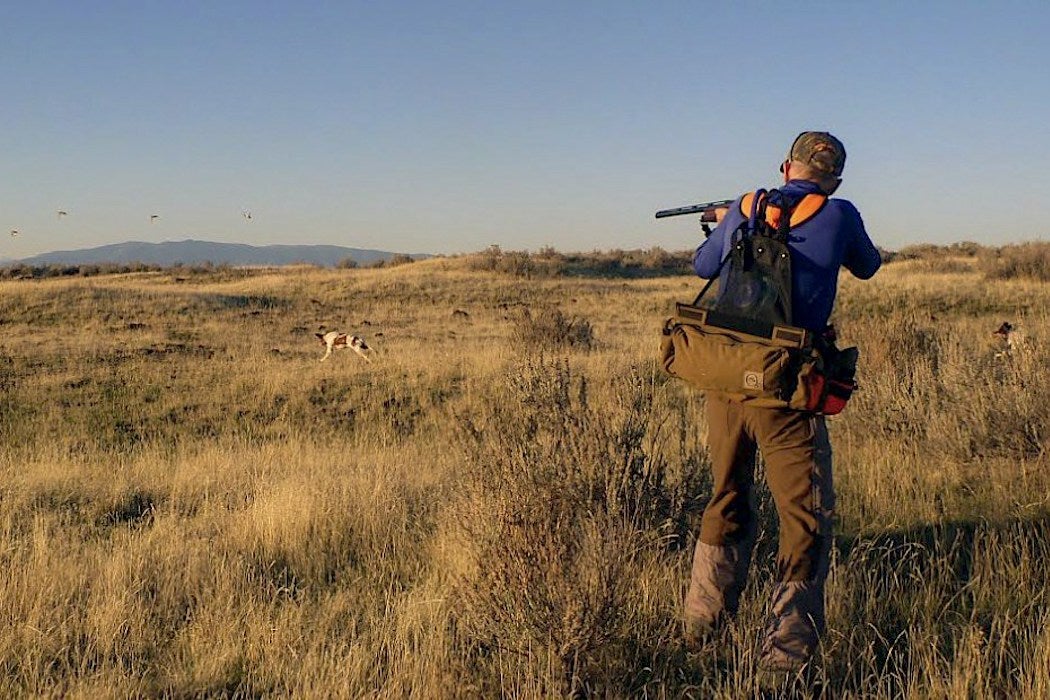Hunting has always been a popular sport among gun enthusiasts. There’s nothing better than taking your rifle into the wilderness, giving yourself over to the thrill of the hunt. If you have no hunting experience, you aren’t guaranteed a prosperous day; luck may be one factor, but it only accounts for a small margin of hunting success and shouldn’t be relied on.
Successful hunts depend on a number of factors: preparation, skill, equipment and savvy. These tips will ensure you stay ahead of the game on every hunt.
Check If the Area Has Game to Hunt
This may seem like a no-brainer, but obvious facts are often the most overlooked.
Beginners usually make the mistake in assuming that there are always critters in their area, which is not always the case. Hunting is a strictly regulated sport, and different states have different laws concerning hunting.
Some animals are illegal to hunt.They often roam around vast regions without regard to human borders and regulations. Don’t get into trouble with the law. Check the selected hunting area’s list of legal game animals, as well as those of the neighboring locations.
You should also check the laws in your selected hunting area and if you can, get a list of the legal game animals as well as those in the neighboring locations. If for instance, you decide to go hunting in Texas, then you can communicate with some Texas hunting guides who can share with you everything you need to know about your selected hunting area.
Also, it’s recommended to scope out your desired hunting ground a couple of weeks prior to the hunting season. Take a drive on the back roads and walk through the wilderness, check for any signs that there are game animals nearby. Some of those signs include fresh animal tracks, droppings, trails, footprints, etc.
Choose the Right Tools for the Job
Beginners should stick to rifles when hunting, bows and crossbows are reserved for more skilled hunters. One of the most popular calibers for rifles is .22 LR, simply because their cartridges are compatible with many other rifles. Also, .22 LR ammunition can be conveniently purchased online.
Consider bringing binoculars even if your rifle has a scope. Sometimes, hunters need to observe an animal from a distance in order not to spook them. While your rifle may be equipped with a mounted scope, looking through a rifle scope also means you are aiming at something, which is one of the taboos in gun safety.
Alternate between “Still Hunting” and “Stand Hunting”
There are a few tactics that hunters can use when stalking game: still hunting and stand hunting.
Still hunting is when you are actively stalking a prey through the wilderness. This can be much more thrilling than stand hunting, which is sitting in a prebuilt structure — like a treehouse or a shed — and waiting for game to pass by.
However, the terrain during hunting season is usually coated with dead leaves and tall grass, both of which will make a lot of noise with the slightest movement. Game animals have a keen sense of hearing and will be alerted to the presence of hunters through the noises they make. Smart hunters will go hunting only when it’s windy or raining, as the noise they make will become muffled, thereby masking their approach to the prey.
On clear and sunny days, smarter (and lazier) hunters make use of man-made structures as cover from prey. Recently built structures aren’t as effective as ones that are old and have assimilated into the wild (i.e., overgrown with foliage).
A Few More Notes
Hunting can be a fun sport, but it can also be frustrating if, at the end of a long hunt, you return without any prize. While there are days that yield no results, using these tips will ensure even the most elusive quarry will be hard pressed to escape. What are you waiting for? Gear up, and happy hunting!

















